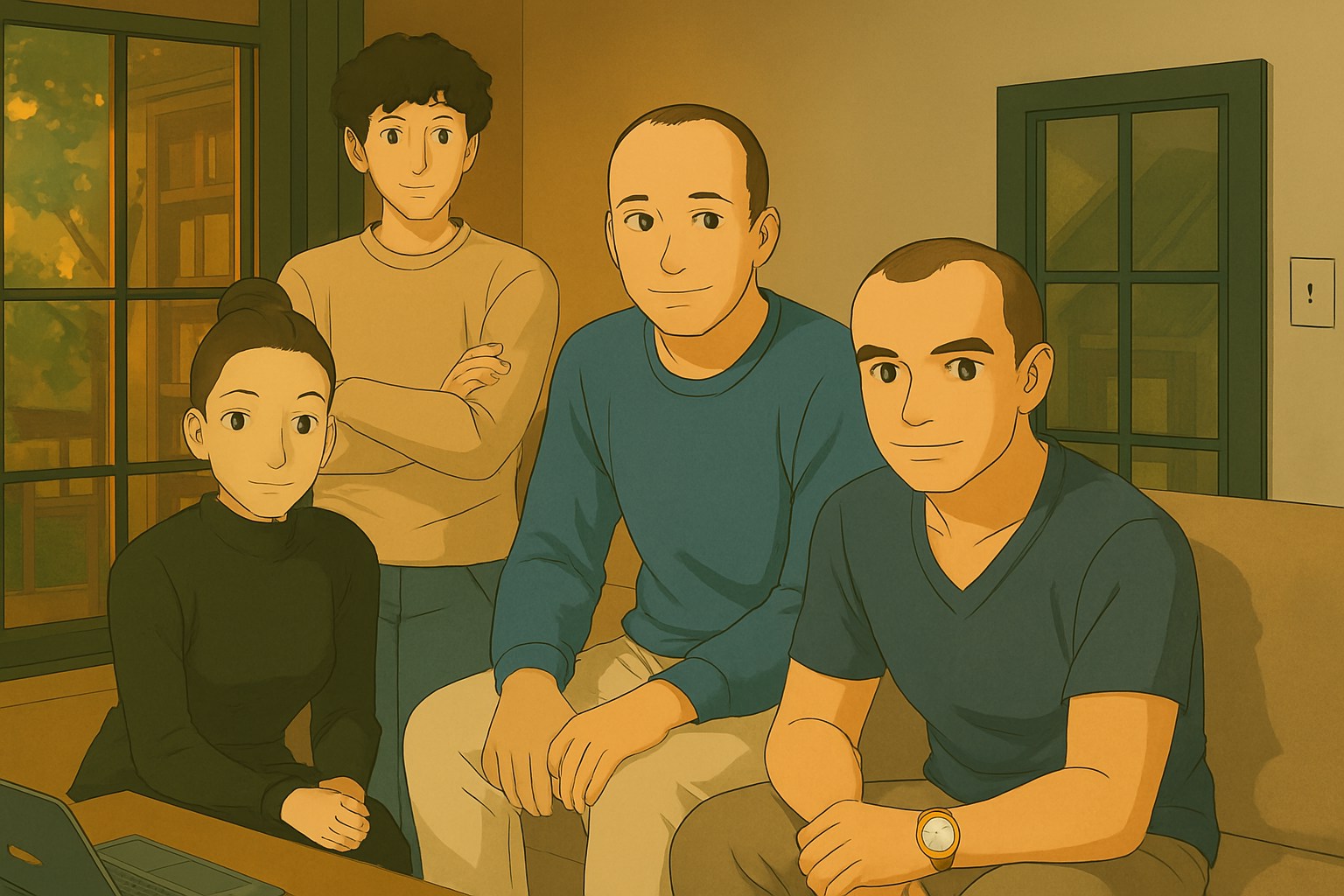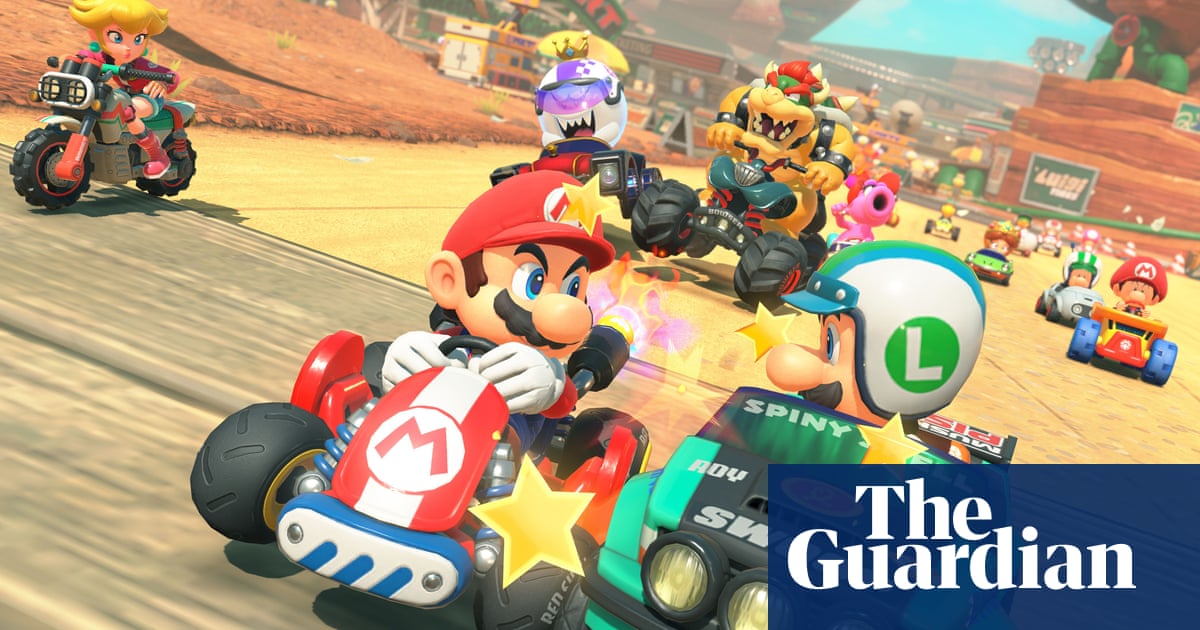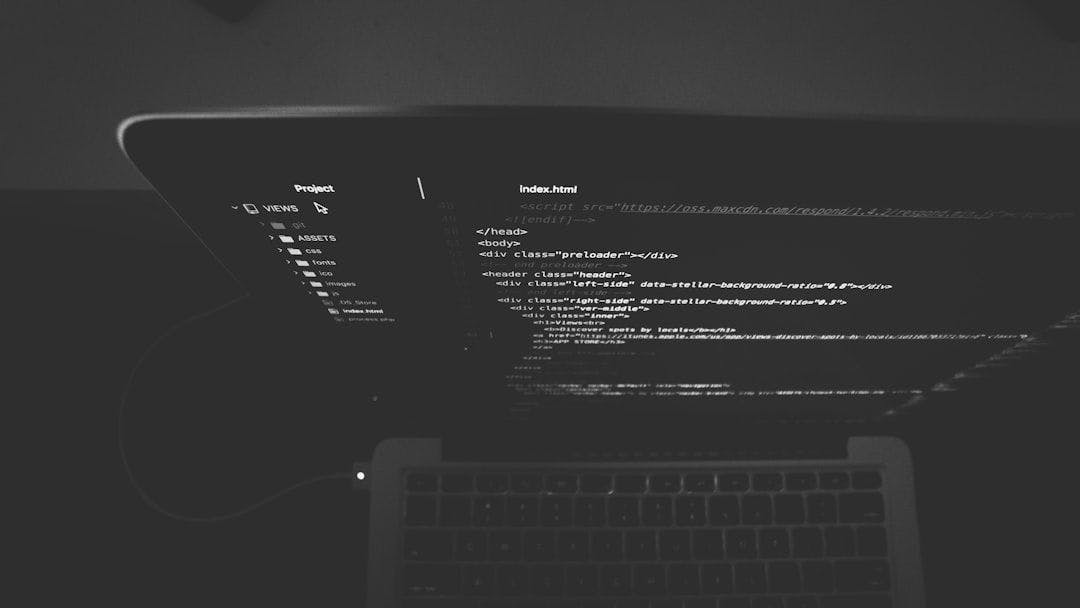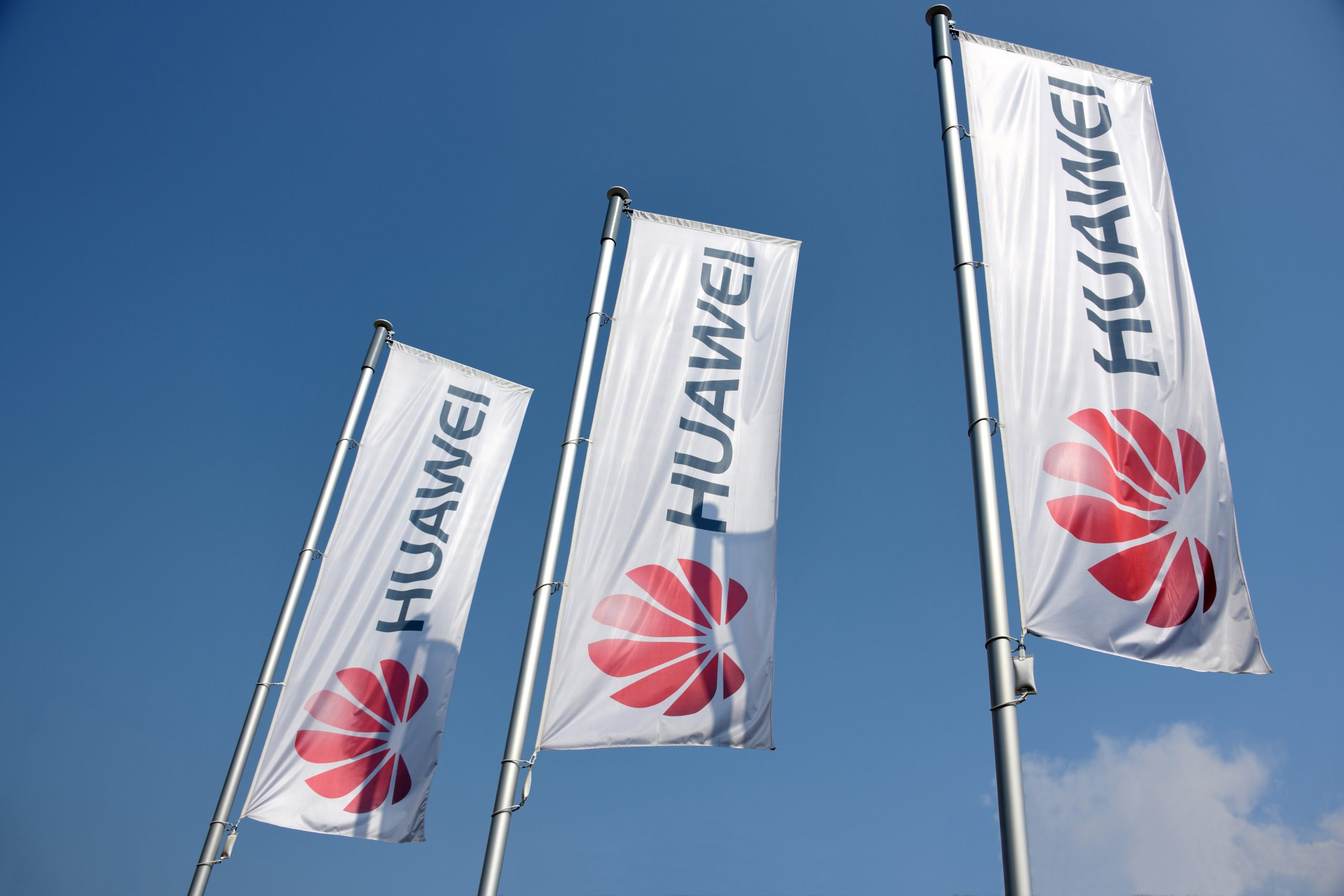feature image: studio Ghibli style recreation of the famous photo of Mira Murati (left), Sam Altman (standing), Greg Brockman, and Ilya Sutskever (right), by ChatGPT (duh)
Remember that weird weekend in November 2023 when Sam Altman got fired from OpenAI and then… sort of hired by Microsoft and then… reinstated at OpenAI in less than a week? I wrote three posts about that drama in between Thanksgiving madness and oh my goodness, SO MUCH has happened since. If I were to catch you up on all things OpenAI and AI related, it would take a book. (For one, I bet if you are reading this story, your relationship with ChatGPT or similar chatbot has significantly changed since 2023. You are probably too distracted to read my article in full and will go to said chatbot to ask for a summary LOL)
In any case…..
Now, over a year later, we finally have SOME clarity—thanks to new reporting by Wall Street Journal reporter Keach Hagey, who hunted down all the major sources in the story for over a year, including Sam Altman himself, and conducted over 250 interviews! Shout out to the good folks at the Hard Fork Podcast whose interview finally gave me some much needed closure (ish) on this topic!
Tweet above: Sam Altman confirming the authenticity of the book
So without further ado, here’s what actually happened, what’s changed since then, and how everyone’s kind of regretting everything… but also getting richer?
Part 1: What Happened Since (And Why It Matters Even More Now)
Since the week after Sam got fired, then unfired in November of 2023, here are a non-exhaustive list of what has happened in that world.
- The board got reshuffled. Bret Taylor, Larry Summers, and Adam D’Angelo became the new grown-ups in the room. Everyone promised to work on “governance” (lol).
- Investigation confirmed the vibes. A law firm (WilmerHale – not to brag but a lot of UWC graduates work here. UWC of course is the education system that trained Mira Murati, and yours truly lol) hired by OpenAI concluded the board’s firing of Altman was due to a “loss of trust,” not a smoking gun about AI safety or some secret doomsday project. New Board agreed with the findings. Essentially, both old Board and new Board had the same facts; yet the latter had much more favorable views of Sam than the former.
- Key people left. Ilya Sutskever (co-founder and chief scientist) and Mira Murati (CTO) both left OpenAI for their own ventures in May and September of 2024, respectively. Ilya now runs a new startup called Safe Superintelligence Inc., which already hit a $30B valuation, while Mira founded Thinking Machines Lab, which aimed at a $9B valuation with $1B raised.
- Altman rejoined the board. Because of course he did.
- OpenAI went full steam ahead. The tender offer (where employees get to cash out some equity) went through. Sam’s reinstatement as CEO somehow “coincided” with a valuation jump from around $30B to $90B post-chaos. OpenAI is still the belle of the AI ball, and Sam Altman remains its unshakable poster child.
- OpenAI is trying to ditch its nonprofit origins. The company is lobbying to loosen the governance shackles imposed by its nonprofit parent—because, you know, it’s really hard to scale capitalism when you technically still report to a nonprofit mission. It’s not like anyone else at that point was still fooled about OpenAI profit mode.
- Elon Musk is trolling from the sidelines. Musk (one of OpenAI cofounders to refresh your memory) reportedly offered to buy OpenAI for $97.4 billion, which of course Altman rejected, citing how OpenAI is “not for sale,” but the point was made. Musk is of course too busy dealing with “reshaping” the entire US government to close the deal.
- AI is going mainstream at breakneck speed. ChatGPT is basically the new Google for a huge chunk of the population, and the recent rollout of GPT-4 Turbo (with native image generation capabilities baked right in, like the 2 images you could see above) only poured rocket fuel on the adoption curve. Everyone from students to startups is using it, often daily, like it’s no big deal.
Part 2: So what actually caused the firing of Sam Altman?
Thanks to Keach Hagey’s new book, coming out in a few weeks, we finally got a sneak peek at the full(ish) story—on the record, from the key players. Contrary to popular belief at the time (AGI is getting close!!!!), it really was about miscommunication, personalities, and interpersonal dynamics in a fast moving industry. The through-line though, was money.
- Ilya and Mira were instrumental in flagging Sam’s behavior to the board multiple times prior to the firing. Ilya had major issues with how Sam approached safety/super-alignment research, for years at that point. Independent of Ilya, Mira had also come to the Board with screenshots from her Slack of what she saw as patterns of toxic behaviors (which she apparently had brought up to Sam himself already), for example telling whatever he thinks one wants to hear then promptly going back on his words behind their backs; or siding with Greg Brockman who was supposed to report to Mira on some of his disruptive tendency in teamwork. Both Ilya and Mira were top dogs within OpenAI, one being the cofounder/main researcher, the other Chief Technology Officer, so the Board trusted their judgment over Sam’s. One Board member also personally experienced this pattern of toxic behavior herself (presumably Helen Toner, who published a research paper with more favorable view on Anthropic than OpenAI, its competitor)
- They regretted it almost immediately. Both Mira and Ilya expressed their regret almost overnight. In Mira’s telling, she thought the Board would simply get Sam an executive coach as opposed to replacing him with HER. Definitely a bad look if you value organizational harmony. Ilya also did not understand the extent to which the next thing would happen, which was…
- Employees almost fully sided with Sam. Why? Not just because he’s charismatic and powerful, but because their own paydays would be jeopardized. At the time, a tender offer valuing company at $90B with low strike price ($30B for existing employees) was on the line. It was a no-brainer to everyone that if Sam was fired, the offer was gonna go away. So essentially, they had to choose between dealing with toxic leadership vs. losing millions. Stuck in between this rock and a hard place – guess which one people chose 😉
- The rest is history. Sam got reinstated. Ilya and Mira promptly left. And many, many other OpenAI influential people have also departed since.
Part 3: Why come clean now?
The book also revealed some major details about the big question in probably everyone’s mind, which is: Why now? Why not then? It was such a secretive and confusing firing. Even after WilmerHale and the new Board came out with the new findings, and after many reportings about subsequent departures of key OpenAI people, nobody still really knows WHY he was fired in the first place. And we finally have some answers about why now.
-
Sam initially didn’t want to talk for the book, but eventually did. Why? Presumably because he must think he might have lost a tiny battle, but won the fight. If you remember, back in March of 2023, a letter signed by over 1000 influential people within the AI community calling for the slowdown of AI was signed, notably by some of his competitors like Elon Musk and Steve Wozniak. It’s safe to say that not only AI did not slow down one bit, but its development has been one of the most, if not the most, important tech stories of the past 2-3 years. The industry as a whole had raised over 150 billions since, and 20 billions alone in the first 2 months of 2025. Elon Musk of course has gone on to found X-AI around the same time as signing the letter (lol), and acquired X (formerly Twitter) a year later, in March of 2025, presumably to help a dying company with his new lucrative and definitely overvalued company. So – it’s 1-0 for the accelerationists against the safety first people in AI.
-
Sam wants to be remembered as one of the greats At the time of his firing, not many people know about Sam, except for a niche community within tech. And now, everybody does. According to Keach Hagey herself, Sam wants to matter. He thinks of himself as one of the great men of history, right alongside Edison and Oppenheimer. In the book, she described a meeting in which Sam mentioned to her that it’s too early to tell the story of OpenAI. So in a way, he thinks that his involvement with OpenAI or even AI as a whole is not all of his story. His ambition goes far beyond AI – he’s thinking at the scale of national identity and economic systems, as hinted in his America Equity essay here.
Part 4: So what now?
I feel like I finally understand everything. It looks like the same traits that make Sam so effective at raising money and pushing product are the ones that make him really hard to work with or trust. It’s no coincidence that literally every major player in the AI community has had some kind of messy breakup with the guy, including his own sister (not a AI player, but I just thought it’s noteworthy to point out that his own sister is also suing him).
Yet, at the end of the day, everyone involved kinda moved on quickly from the whole incident. The board regrets how they fired him. Ilya and Mira regret triggering the chaos. Employees felt trapped between values and financial upside. Meanwhile, Sam just… wins again.
The governance experiment failed. The board was supposed to act as a counterweight to Sam’s unchecked power. But when push came to shove, the company sided with the founder. Like they always do. The nonprofit structure was supposed to safeguard humanity from corporate overreach. Instead, it caved under the same pressures it was built to resist.
So what now? We’re back where we started—Sam Altman at the helm, OpenAI chasing AGI, the board trying to stay relevant, and the rest of us watching from the sidelines. Only now we know more about what actually went down—and how fragile the whole setup really was.
OpenAI was supposed to be structured differently. Instead, it played out like every other Silicon Valley drama. Power won. Money won. And the guy who believes he’s building the future didn’t just survive—he became inevitable.
Boom. Done.












